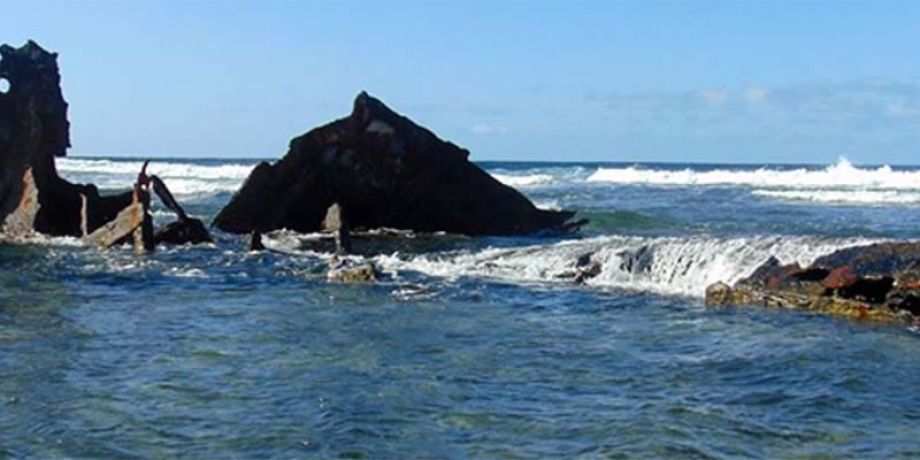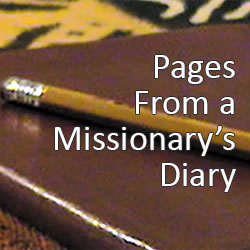
Election fever is at a high pitch. Just a couple of weeks to go. Ordinary people are usually fearful in the run-up to any election in Fiji. Campaigning always becomes racial. The politicians try to get their own community behind them by warning of the dangers of the other party winning. This year is worse, though. A new regional party in a strategic alliance with the opposition party seems likely to undermine the governing party. The opposition are distributing tapes of an Australian TV program critical of the governing party and Prime Minister. Some people are enraged by this. They claim that the TV program insulted their high chief.
 Today I got into conversation with an Indo-Fijian. He talked about the struggles that Indian indentured laborers faced on arrival in Fiji in the late nineteenth century. “You know,” he said, “one of the early transport ships ran aground on Nasalai Reef. Some of the people were eaten by the local Fijians. They were cannibals then.” I was shocked at this because I knew that actually many Indian passengers survived the shipwreck because local villagers risked their lives to rescue them. How did the facts become distorted in this man’s mind?
Today I got into conversation with an Indo-Fijian. He talked about the struggles that Indian indentured laborers faced on arrival in Fiji in the late nineteenth century. “You know,” he said, “one of the early transport ships ran aground on Nasalai Reef. Some of the people were eaten by the local Fijians. They were cannibals then.” I was shocked at this because I knew that actually many Indian passengers survived the shipwreck because local villagers risked their lives to rescue them. How did the facts become distorted in this man’s mind?
Then I remembered hearing in India some years previously how a peasant there claimed that years ago Gandhi had come through his village breaking windows. It turned out that when Gandhi had led a salt march through the village some colonial police had a confrontation with local youths which resulted in a few windows being smashed. The peasants, decades later, were unhappy with the local authorities. The combination of a famous name, a vaguely remembered incident, and a current conflict had resulted in a distorted recollection. It illuminated the story teller’s feelings more than the historical facts.
I realized that the same was true of my encounter in Fiji today.
Columban Fr. Frank Hoare provided this reflection on the 1982 election.